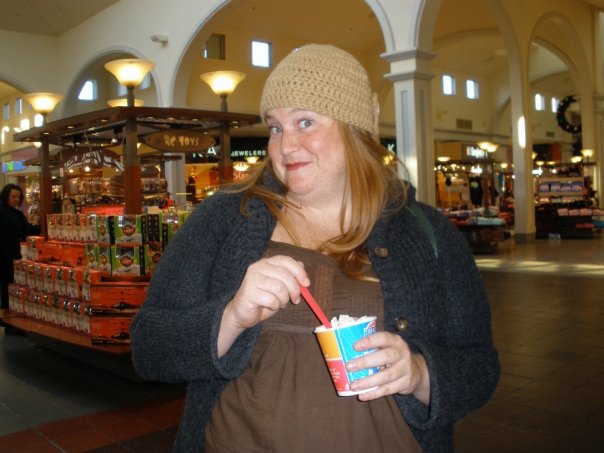For Who She Is Right Now
She used to stand on top of a box, frozen in the rapturous potential of her wardrobe. I don’t know how we accumulated so many princess dresses, but she loved them all, and choosing one took time. At first I would hurry her. Getting dressed shouldn’t take all day, I was sure of it. But over time, I learned to give her space to make her decision. She would emerge twenty minutes with a tiara, a vain smile, and a dress of sky-blue silk.
And an hour later, she’d be wearing a yellow one.
It was a hilarious, adorable phase. I didn’t want it to end. But as every Cinderella knows, the magic only lasts so long. Soon, she discovered dirt and bugs and adventures. When she was five, she argued with her buddy Natiq about their shared future. He wanted to be a fireman, but she wanted to be fashionable. They decided on a compromise: they would be firemen who wore pink.
Jenna turns sixteen today, and I can’t help but think of all those costumes she used to wear. All of us try on costumes as we grow, I think. We adopt new postures, new moods, new outlooks. We look for original preferences. We seek personas that will make us stand out, or blend in. We climb and climb in search of that elusive identity that will last not just for today, but for always.
Someday… Someday we’ll learn who we really are.
We take personality tests, and discover we are a list of letters and traits and strange descriptors. We are INTP with top strengths of ideation and adaptability; we are fours with a five wing, who speak love with quality time. We are choleric sanguins with a dash of steadiness.
At least, we are those things until tomorrow, when we retake the tests without being so hangry.
Someday… Someday we’ll learn who we really are.
Growing up is hard enough when you think there’s a finish line. But I am forty, and I still haven’t arrived. My floor is littered with the worn out costumes; the embarrassing remnants of images attempted and discarded.
But what if there is no finish line to get to? What if there is no plateau? Change is already woven into our world; what if it’s woven into ourselves as well? If that’s true, we owe ourselves some grace on the quest toward self-discovery. And we owe our children even more.
I look at my daughter today, and I wonder if she would have ever become who she is today–the coffee-sipping artist; the patient, protective, sister; the theater nerd who just wants to know everybody’s having a good time–if not for other clothes she tried on in her journey. And that makes me thankful for each one of them: the princess phase, the fireman phase, even the phase where she thought she loved professional golfer Phil Mickelson! Every era brought its own charm; its own delight.
In five years, will she still love theater? Will she still be an ardent student of Michael Scott and Dwight K. Schrute? Will she retain her irrepressible quirkiness?
Perhaps she won’t. Maybe one day, I’ll drop a quote from The Office, and she won’t remember it. Maybe she’ll put down her paint brush. Maybe she’ll pass on the espresso.
If that happens, I’ll miss these golden days in the same way I miss the princess dresses.
But I don’t ever want to mourn them. No. I’d rather give her time to try on the new dress. I’d rather live with her in the middle of those changes. I’d rather enjoy the ride. Because we only get one chance to watch our children grow.
So today, I watch her. She is tall and lovely and full of winsome grace. For some reason, God has placed her in my charge for just a little while longer. I’ll continue to watch her and love her not only for who she is becoming, but for who she is right now.
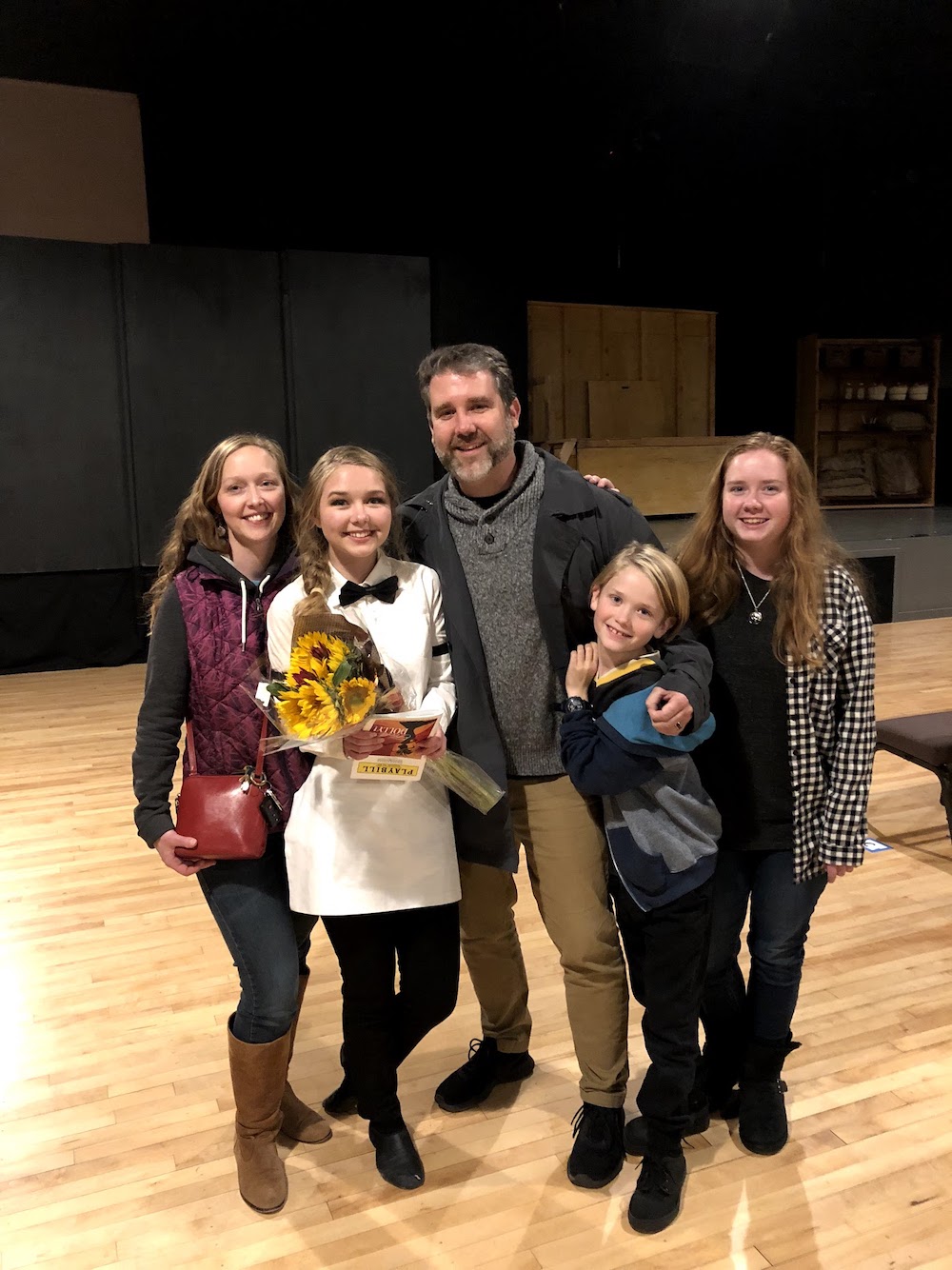


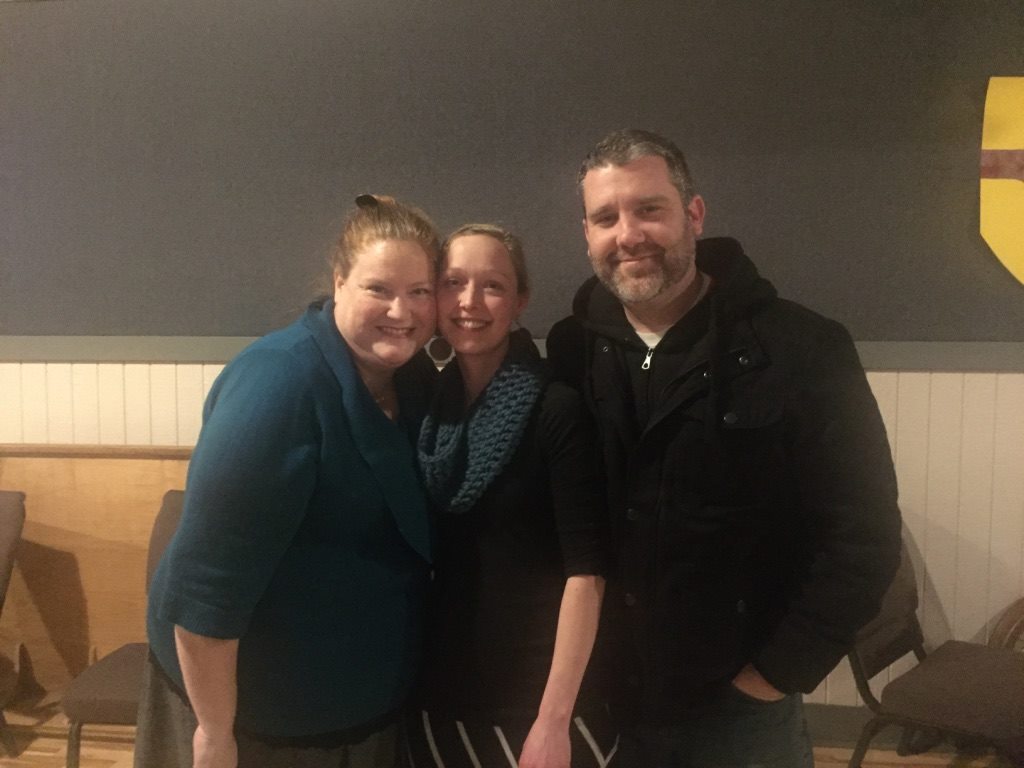
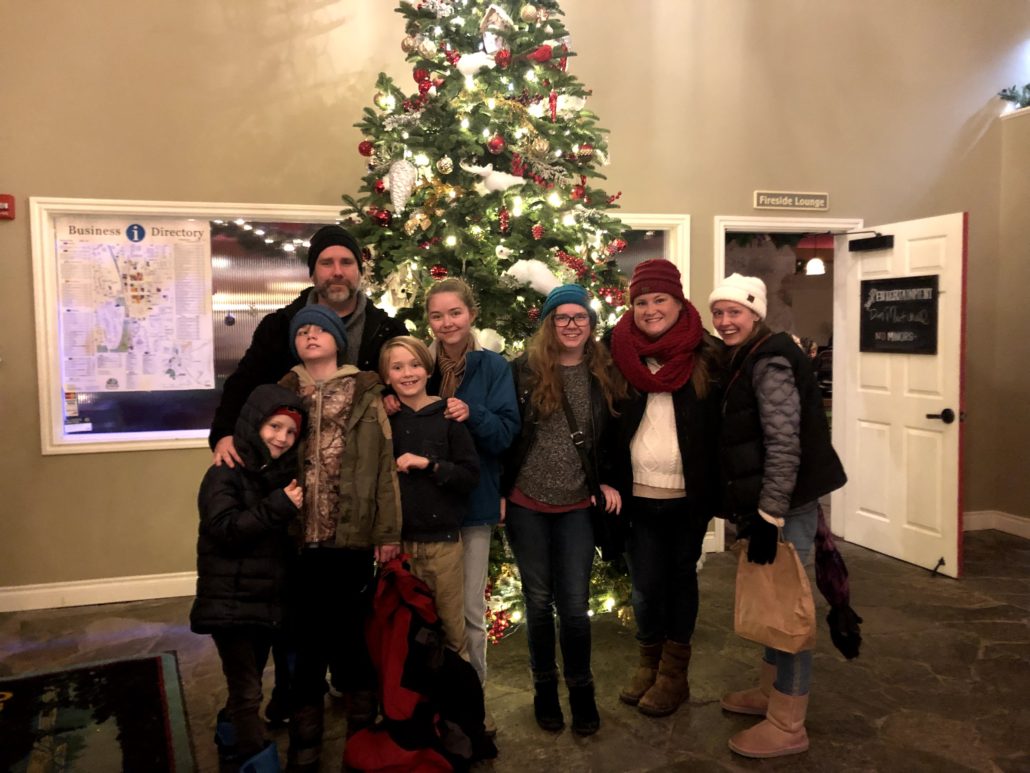
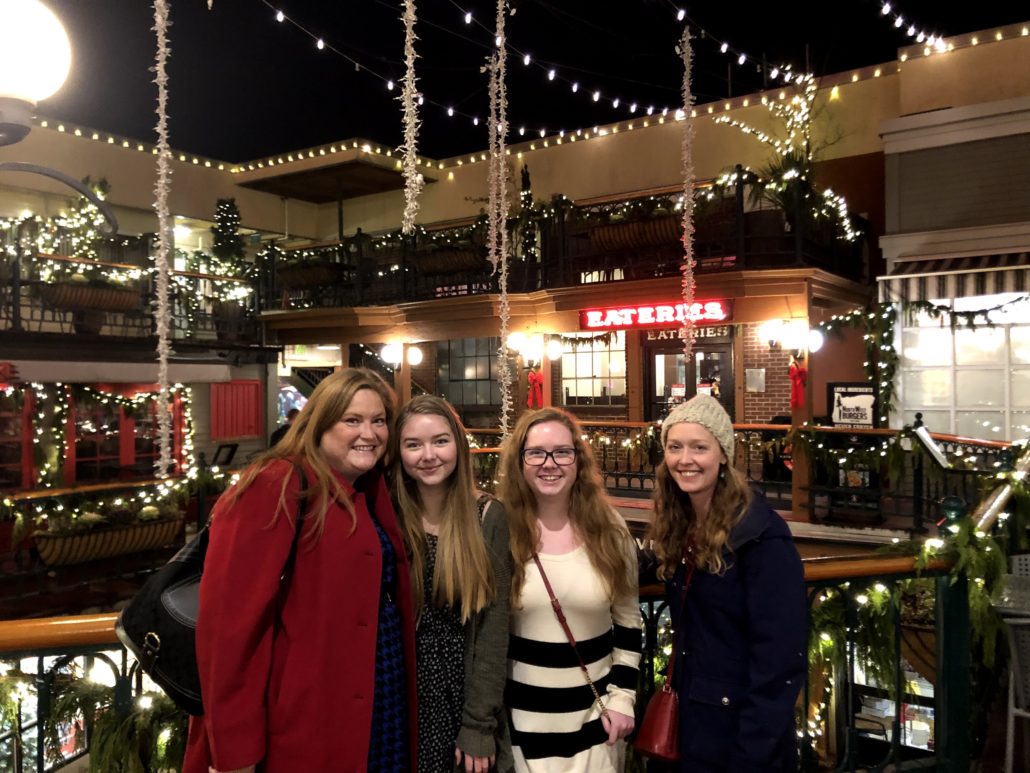 Janae was in our lives for sixteen years. Sixteen. And in those years, she brought to my family a brand of lavish affection we didn’t know existed. She was both the children’s godmother and their fairy godmother, granting movie nights and birthday wishes with a winsome wave of her wand. And to Sara and I, she gave a loyalty and presence we never expected and did nothing to deserve.
Janae was in our lives for sixteen years. Sixteen. And in those years, she brought to my family a brand of lavish affection we didn’t know existed. She was both the children’s godmother and their fairy godmother, granting movie nights and birthday wishes with a winsome wave of her wand. And to Sara and I, she gave a loyalty and presence we never expected and did nothing to deserve.